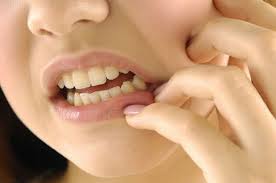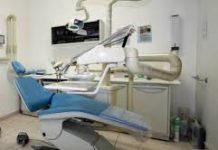Tooth pain.
A toothache is a condition experienced by almost all people during their life, since a toothache hits the tooth or the surrounding tissues and can be caused by different reasons. A toothache can be felt in many ways and cavities are the most common source of the pain.
Toothache symptoms.
A toothache can occur in different ways: it can come and go or can be constant; the pain can be felt during eating or drinking, or the pain may be mild or severe; it can worst at night, while one is lying in bed.
A toothache may be sharp or start suddenly.
Feeling a toothache while eating or drinking may be a signal of a cavity, but it can also mean tooth sensitivity; tooth sensitivity can also depend on receding gums or on a thinning of the enamel of the tooth.
If a toothache is sharp or is like a stab while eating, it can be provoked by a cavity or because of a cracked tooth; a constant pain may be the signal of a dental abscess or of an infection and has to be treated as quickly as possible.
Sometimes toothaches are not caused by cavities but from repetitive motions such as for chewing gum or grinding teeth. Grinding teeth, temporomandibular disorders or arthritis may cause jaw pain; wisdom teeth that have not been removed may provoke a toothache.
How to stop a toothache. The problems.
Sometimes it is difficult to determine whether the pain comes from the upper or the lower teeth and when a lower molar tooth is affected, the pain can often feel like it’s coming from the ear.
When a toothache is in other upper teeth it may seem like it’s coming from the sinuses, and sometimes vice-versa.
Toothache. It’s also possible for periodontal diseases to give rise to a dull pain.
Since it’s not ever easy to understand the cause of the pain, in a case of a toothache is always suggested to go to the dentist as soon as possible, because a mild or a moderate pain may be easily treated and may be possible to resolve a dental problem with small cares and little money. Usually, the only way to prevent from toothaches is to follow an adequate oral hygiene, brushing at least two times a day and flossing; it is important to avoid sugary foods or drinks and quit smoking if possible.





